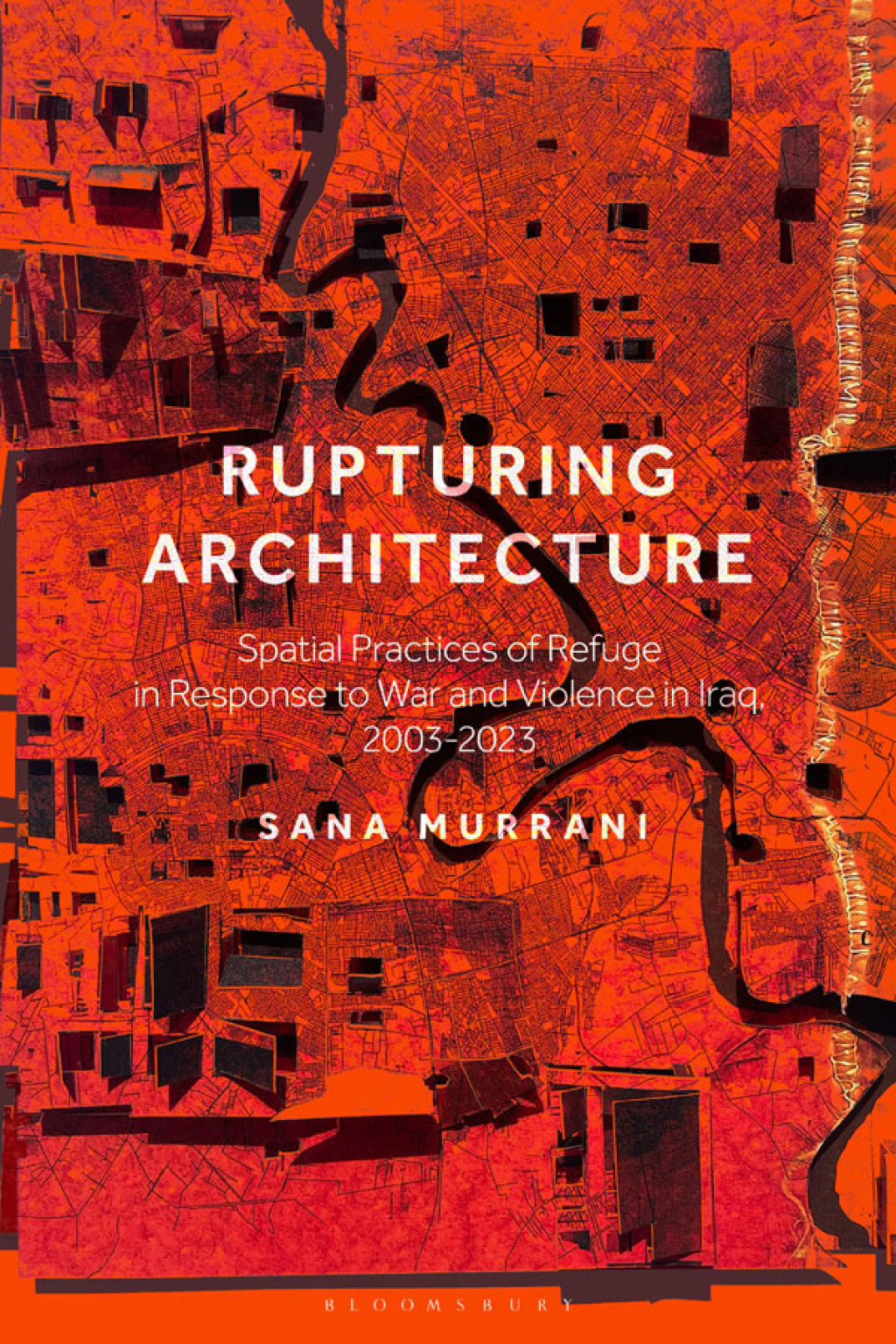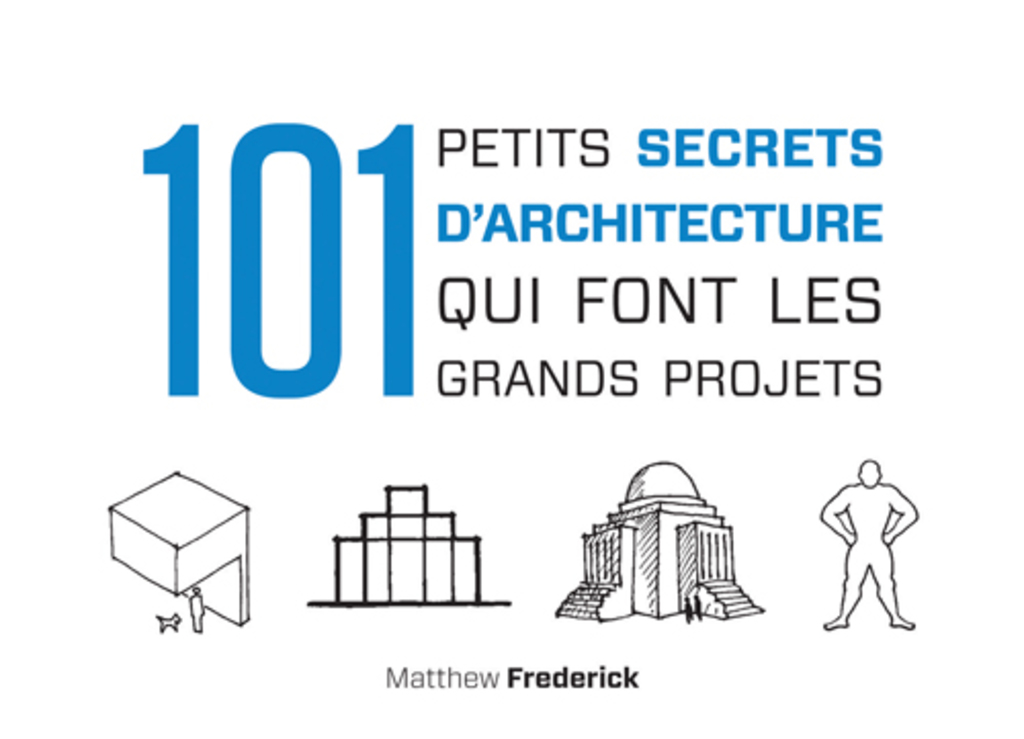Description
This is the first book to critically and visually explore the spatial practices of refuge in response to conditions of war, violence, and displacement experienced in Iraq from 2003 to 2023. Written by an Iraqi architect who has lived through the trauma of several wars, 10 years of UN-imposed sanctions, an invasion, and the subsequent violence, this book captures a broad spectrum of spatial responses to trauma and presents a fresh perspective on how ordinary Iraqis create refuge across the spaces of the home, the urban environment, and border geographies. In the face of spatial wounding and the many injustices suffered by the Iraqi people, there has also been a wealth of refuge-making practices that showcase their creative and imaginative design and adaptability to change and trauma over time. Rupturing Architecture employs methods such as creative deep mapping, memory work, storytelling, interviews, and case studies of architectural responses to the geographies of war and violence. At the core of the book are the lived and felt experiences of fifteen Iraqis from across Iraq, whose resilience underscores a broader narrative of spatial justice and feminist spatial practices. The book articulates the dual nature of rupturing as both a sign of trauma and a powerful act of resistance, examining how these forces shape domesticity, urbanity, and border spaces. The concluding manifesto for spatial justice calls for a deep, integrated understanding of place, memory, and trauma, advocating for comprehensive strategies in the making of refuge spaces that also resonate in a wider, global context.










